Will it cause loss of appetite?
Summer often brings with it a loss of appetite for many people. The heat can lead to exhaustion, dehydration, and a general lack of desire to eat. However, neglecting proper nutrition during this time can negatively impact your health, especially if you are trying to maintain a diet. I have personally struggled with summer appetite loss and found it challenging to manage my meals. In this article, I will share some practical tips and strategies for dieting during summer when you have no appetite.
For example, last summer, I experienced a significant drop in appetite, leading me to skip meals or eat very little. This resulted in poor health and unintended weight gain. Through trial and error, I discovered ways to keep my diet on track without forcing myself to eat. I’ll share these methods, including the importance of balanced nutrition and hydration, and how to make meals more appealing during the hot months.
Table of Contents:
- Why Does Appetite Decrease in Summer?
- Effective Strategies to Combat Summer Appetite Loss
- Recommended Eating Habits When You Have No Appetite
- Key Points to Consider During Dieting
- My Personal Failures and Successes
- Conclusion
- Frequently Asked Questions (FAQs)
![]() 世界が注目!「温泉微生物」でインナーケア【RG92ドリンク】
世界が注目!「温泉微生物」でインナーケア【RG92ドリンク】 ![]()
Diet for when appetite decreases in summer
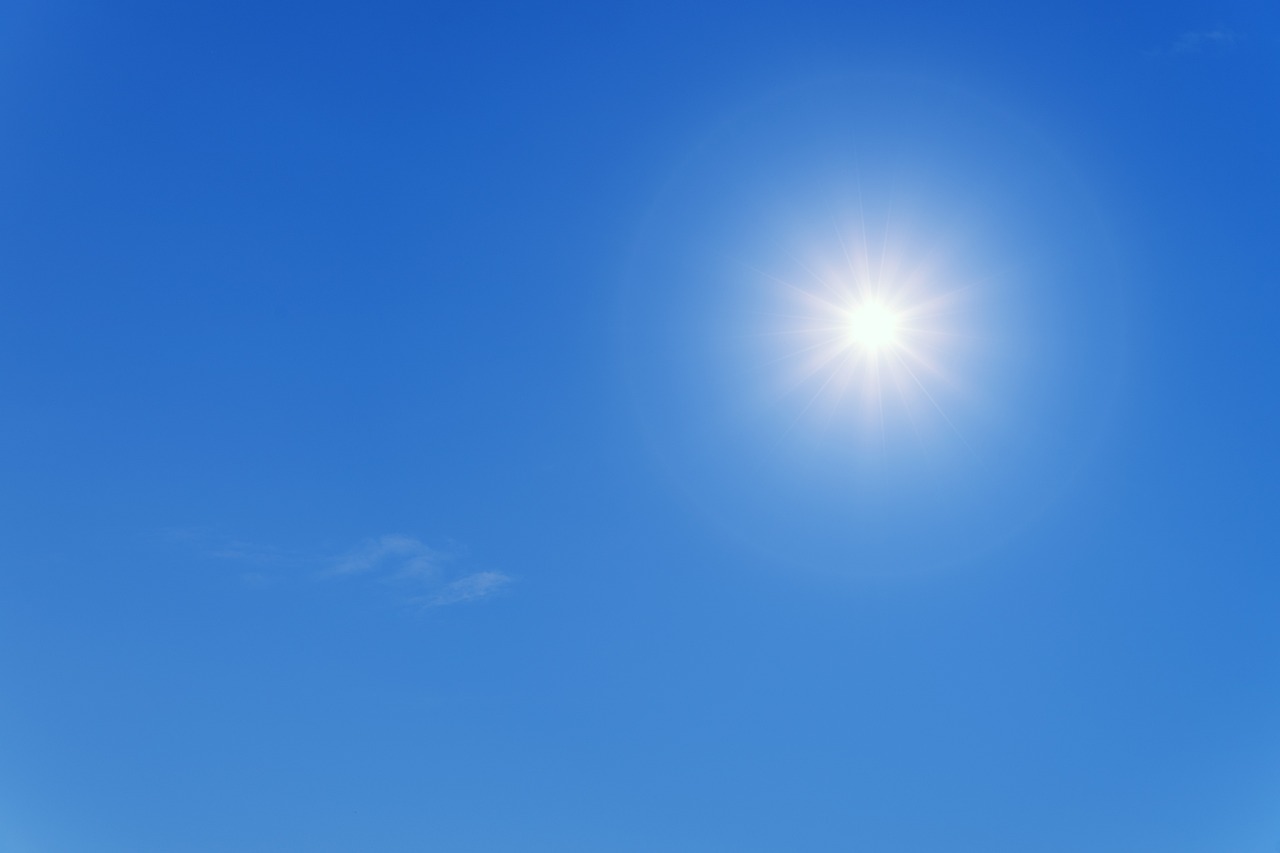
Why Does Appetite Decrease in Summer?
Summer’s relentless heat can cause our bodies to expend more energy regulating temperature, naturally leading to a decrease in appetite. Additionally, the increased water loss through sweating can lead to dehydration, further diminishing the desire to eat. High temperatures can also affect our digestive system, making us feel bloated or uncomfortable after eating, which can discourage regular meals.
Effective Strategies to Combat Summer Appetite Loss
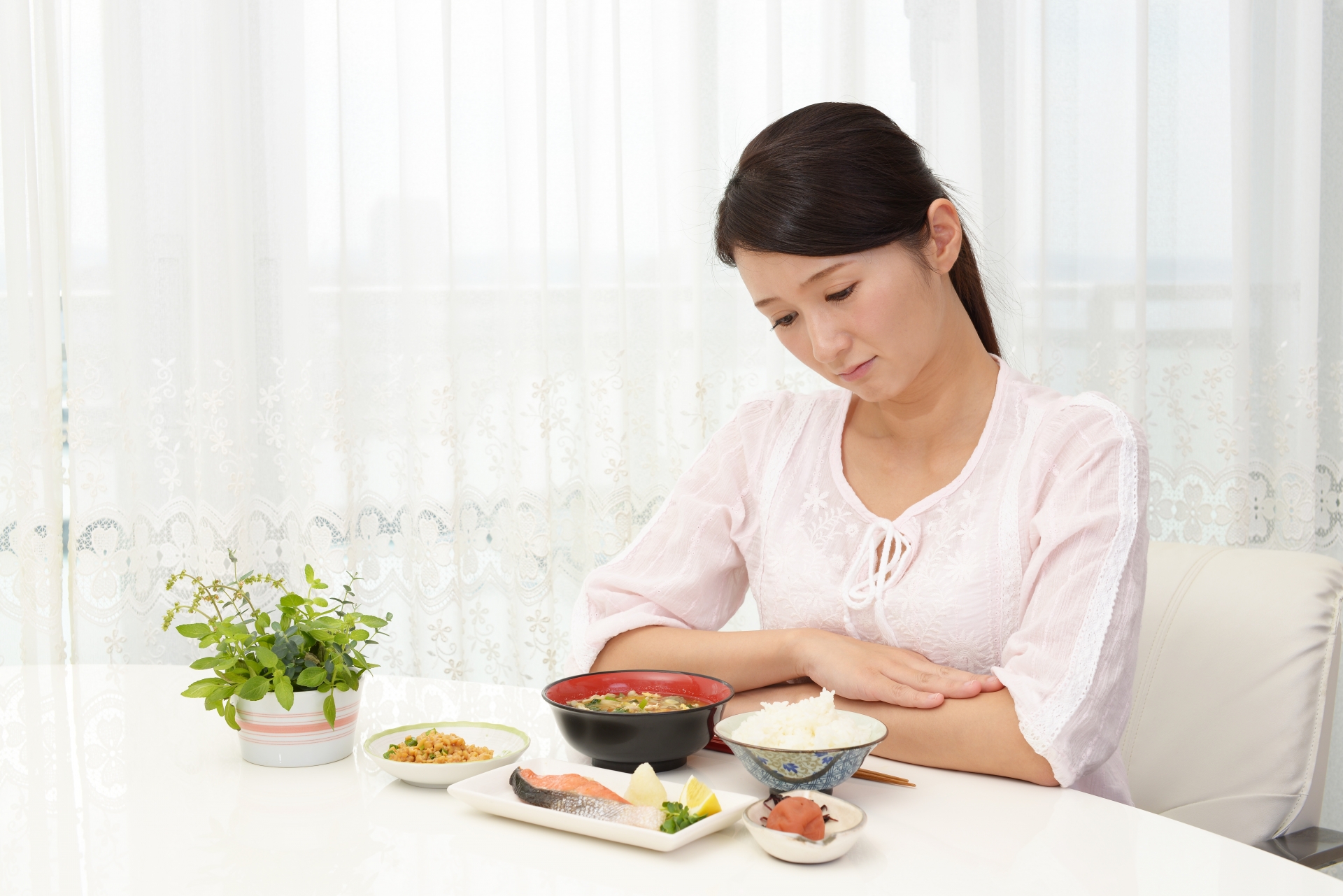
- Choose Cool Foods: Cold dishes like chilled soups, salads, and smoothies are easier to consume during hot weather. These foods not only cool you down but also help maintain hydration.
- Eat Smaller, More Frequent Meals: Instead of forcing yourself to eat large meals, try eating smaller portions more frequently throughout the day. This reduces the burden on your digestive system and makes it easier to maintain a consistent intake of nutrients.
- Stay Hydrated: Drink plenty of water, but also include hydrating foods like cucumbers, watermelon, and citrus fruits. Proper hydration can help stimulate your appetite and keep you feeling refreshed.
Recommended Eating Habits When You Have No Appetite
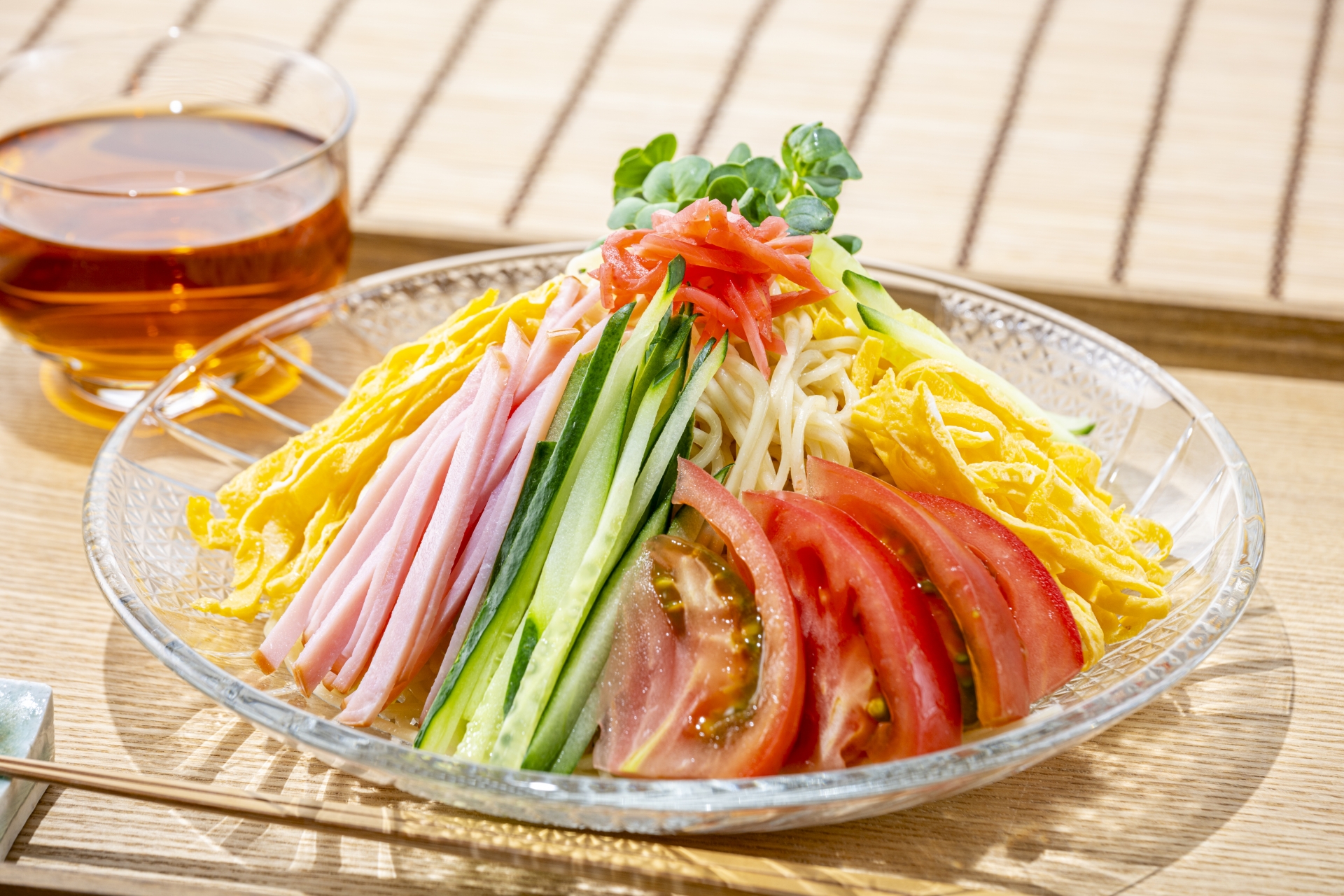
- Incorporate Hydrating Foods: Foods with high water content such as fruits and vegetables can help you stay hydrated and provide essential nutrients. I often prepare a fruit salad with watermelon, kiwi, and oranges to ensure I get enough vitamins and hydration.
- Opt for Light and Digestible Meals: Light meals that are easy to digest, like rice porridge or vegetable broth, are ideal. These foods are gentle on the stomach and can be more appealing when you have a reduced appetite.
- Use Nutritional Supplements: If eating solid food is particularly challenging, consider using meal replacement shakes or nutritional supplements to ensure you’re getting the necessary nutrients.
Key Points to Consider During Dieting
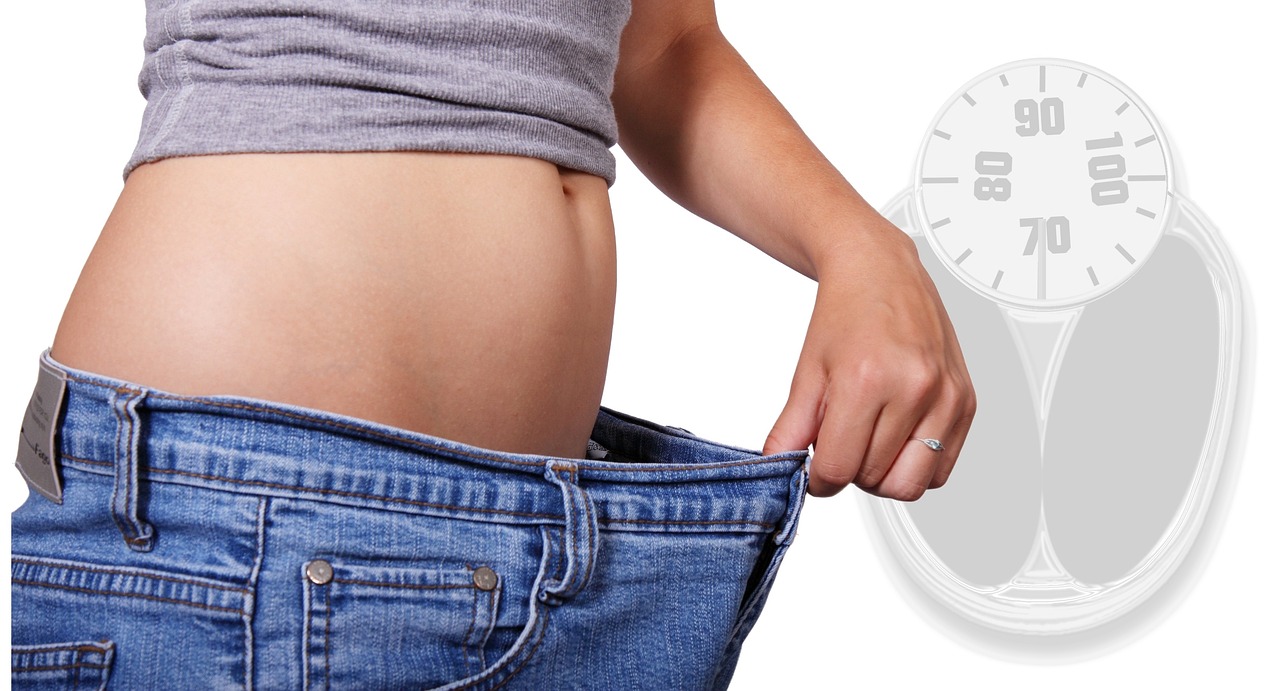
- Balance Your Nutrients: Ensure your diet includes a good balance of carbohydrates, proteins, and fats. Protein is especially important for muscle maintenance. I like to include lean meats, fish, and tofu in my meals to maintain my protein intake.
- Incorporate Gentle Exercise: Light exercise can boost your metabolism and appetite. Activities like walking or yoga can help stimulate hunger. I found that a morning walk helped me feel more energized and ready to eat.
- Maintain Regular Meal Times: Stick to regular meal times even if you’re not very hungry. This helps keep your body’s internal clock steady and can gradually restore your appetite. Eating dinner earlier in the evening also helped me feel less bloated and more comfortable.
My Personal Failures and Successes
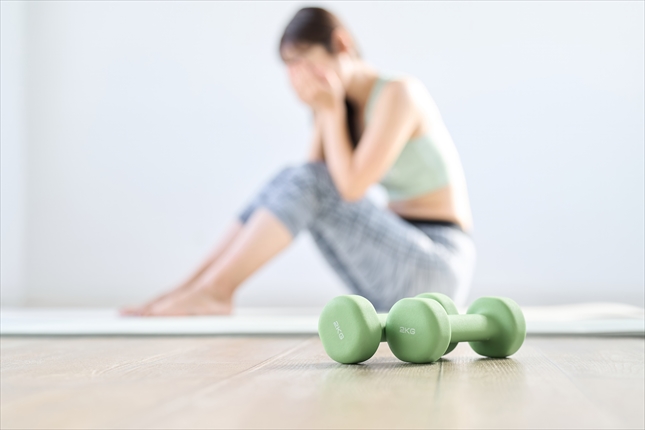
Last summer, I struggled with a significant loss of appetite, often skipping meals or eating very little. This led to poor health and unintended weight gain. Learning from this, I started incorporating cold soups and salads into my diet, which made meals more appealing. I also began using meal replacement shakes on days when solid food was unappetizing. By making these adjustments, I was able to maintain my health and even lose some weight effectively.
I also incorporated light exercise into my routine, such as morning walks, which helped stimulate my appetite and improve my overall well-being. These changes not only helped me manage my weight but also improved my energy levels and mood during the hot months.
Conclusion
Managing appetite loss during summer can be challenging, but with the right strategies, it is possible to maintain a healthy diet. Focus on consuming hydrating foods, eating smaller, more frequent meals, and balancing your nutrients. My personal experiences highlight the importance of not forcing yourself to eat but finding enjoyable and nutritious ways to stay healthy. Use these tips to overcome summer appetite loss and continue your dieting journey successfully.
Frequently Asked Questions (FAQs)

Q: What should I eat when I have no appetite?
A: Cold soups, salads, smoothies, and hydrating fruits are great options. Eating smaller, more frequent meals can also help.
Q: How can I continue dieting if I lose my appetite in summer?
A: Balance your diet with carbohydrates, proteins, and fats. Incorporate light exercise and maintain regular meal times to stimulate your appetite.
Q: How should I stay hydrated during summer?
A: Drink plenty of water and include hydrating foods like cucumbers, watermelon, and citrus fruits in your diet.



